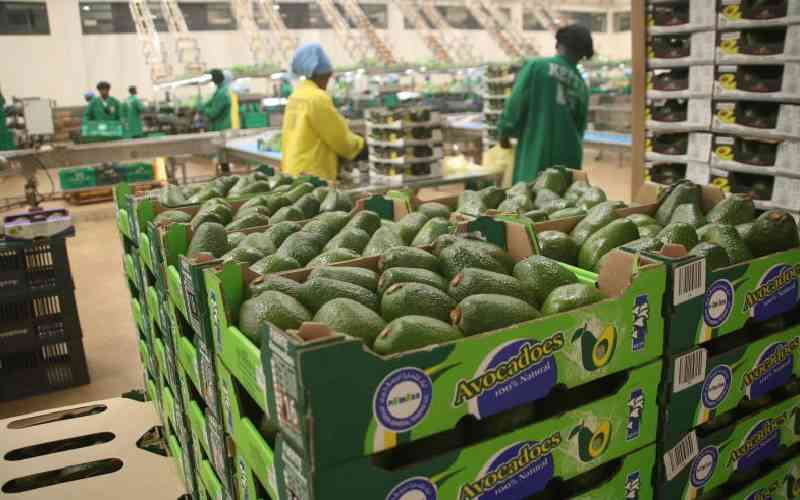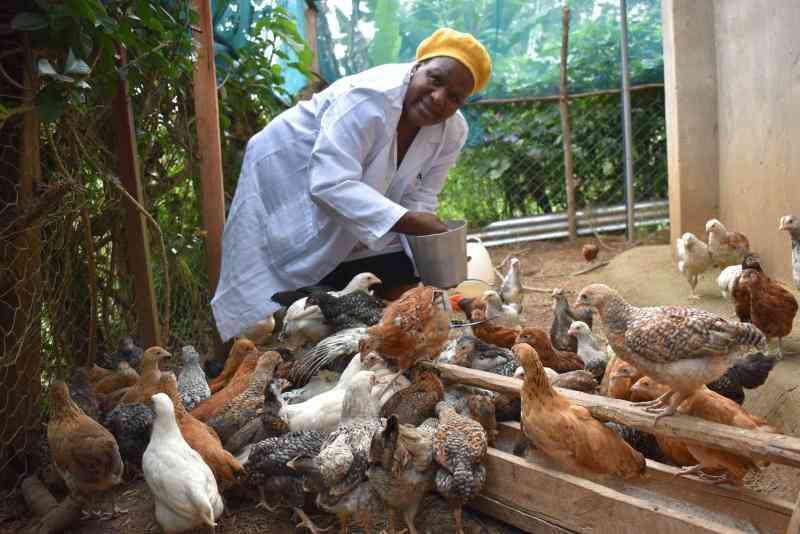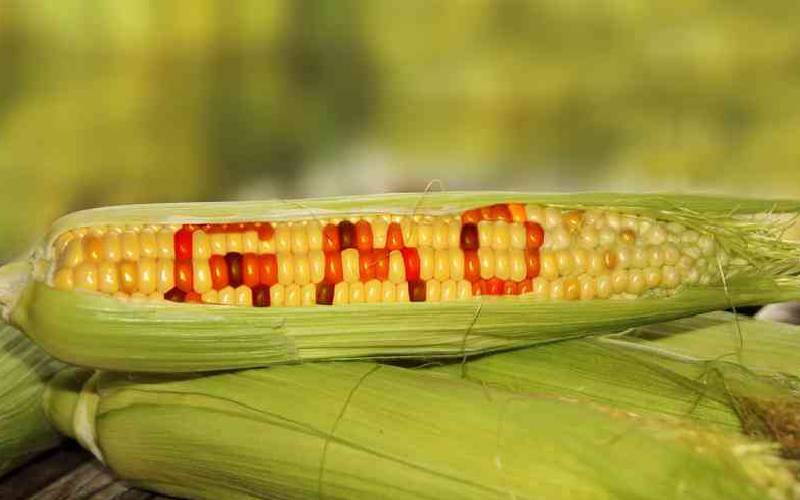By PAUL WAFULA
Kenya: Kenya imports eggs from South Africa, millions of toothpicks from China and over 500,000 tonnes of vegetable oils.
While these products can be produced locally, the country has been importing them over years.
It is not that we lack a labour force to produce the products. There are thousands of unemployed people searching for work.
Interestingly, the country has more than five cement manufacturing companies, yet it allows Chinese firms constructing roads to import the commodity, thus outsourcing Kenyan jobs to China. On average, Kenya spends Sh100 billion per month on home use imports. This represents six per cent of the country’s Sh1.6 trillion total budget.
Last year, Kenya paid Sh50 billion to bring into the country maize, rice and un-milled wheat, all of which can be produced locally. Another Sh2 billion was paid for wheat flour while sugar, molasses and honey attracted Sh17 billion import bill.
Kenya has spent Sh74.5 billion to import paper since Webuye-based Pan Paper Mills closed down four years ago. This is eight times more than the debt the paper factory owes. The firm sunk into Sh9 billion debt before it went into receivership.
When Kenya Power switched off the paper firm over Sh100 million bill, more than 4,000 direct jobs were lost. Another 30,000 youths, who were employed indirectly, were also locked out of employment. The Government has looked away as thousands of jobs created along the value chain, including transport and hospitality fall on the wayside. Despite this, the appetite for importing paper continues to rise.
Pan paper is not the only company that has gone down. Several firms in textile industry have closed shop, making the country export most of the jobs to the west through second hand clothes.
Kenya’s import bill soared to Sh800 billion last year alone in a trend that has seen the country export thousands of jobs despite the unemployment crisis.
“There are Chinese companies importing cement to construct our roads, yet we have local companies like East African Portland Cement. This must stop,” Labour Cabinet secretary Kazungu Kambi told The Standard in an interview.
Vegetable fats
Former Industrialisation PS Nderitu Muriithi argued in an opinion piece published in local dailies that if Kenya can produce sunflower and cashew nuts more efficiently and in large scale, the sector alone can create one million jobs in farming and 500,000 in processing. Last year, the country spent Sh54 billion importing animal and vegetable fats and oils to manufacture edible oils and soaps. The fact that Kenya imports things it can easily make has seen the country import three times the value of goods it exports.
Players in the retail chain sector, who form the bulk of importers, have dismissed claims that imported goods have better margins on grounds that there are hidden costs along the line.
“It is just an imagination that when you import, you have better margins. We have done a cost study and this is why we have turned to locally manufactured goods. When you import, you have to look at other costs such as financing, insurance, freight, demurrage and customs,” Jonathan Ciano, Uchumi supermarket CEO told The Standard. Mr Ciano added that unless one is
Stay informed. Subscribe to our newsletter
bribing officials along the line to evade taxes or dealing in distress cargo, then locally manufactured are better.
“With the case of distress cargo, one will make more profits but risks ending up with expired goods on the shelves or goods that have no demand. But importing is not necessarily a bad thing, but we have to let it be done by specialists, who are local companies,” Mr Ciano said.
He argued that the country should instead import goods it has no capacity to produce while developing competencies on local production. By deliberately purchasing locally made products, manufacturers argue that gives them economies of scale and in turn lower costs.
Kenya’s major imports include petroleum products, machinery and transport equipment, electronics, motor vehicles, iron and steel, as well as plastics. The main beneficiaries of these imports are India, China, UAE, South Africa, Saudi Arabia, United States and Japan. Ironically, the country wants to become middle-income economy by 2030. This is in direct contrast to Asian counterparts, who have focused on exports, creating jobs for locals while travelling the same path.
Manufacturers have on numerous occasions decried Kenya’s love for imported goods at the expense of local industry.
“We can start with textiles and apparels for the army and prison officers. We can also do furniture, stationery and paper products,” said Betty Maina, CEO of Kenya Association of Manufactures (KAM), the industry lobby group.
“We can also assemble cars and produce basic consumables to increase the number of people we are employing,” Ms Maina said.
 The Standard Group Plc is a
multi-media organization with investments in media platforms spanning newspaper
print operations, television, radio broadcasting, digital and online services. The
Standard Group is recognized as a leading multi-media house in Kenya with a key
influence in matters of national and international interest.
The Standard Group Plc is a
multi-media organization with investments in media platforms spanning newspaper
print operations, television, radio broadcasting, digital and online services. The
Standard Group is recognized as a leading multi-media house in Kenya with a key
influence in matters of national and international interest.
 The Standard Group Plc is a
multi-media organization with investments in media platforms spanning newspaper
print operations, television, radio broadcasting, digital and online services. The
Standard Group is recognized as a leading multi-media house in Kenya with a key
influence in matters of national and international interest.
The Standard Group Plc is a
multi-media organization with investments in media platforms spanning newspaper
print operations, television, radio broadcasting, digital and online services. The
Standard Group is recognized as a leading multi-media house in Kenya with a key
influence in matters of national and international interest.









